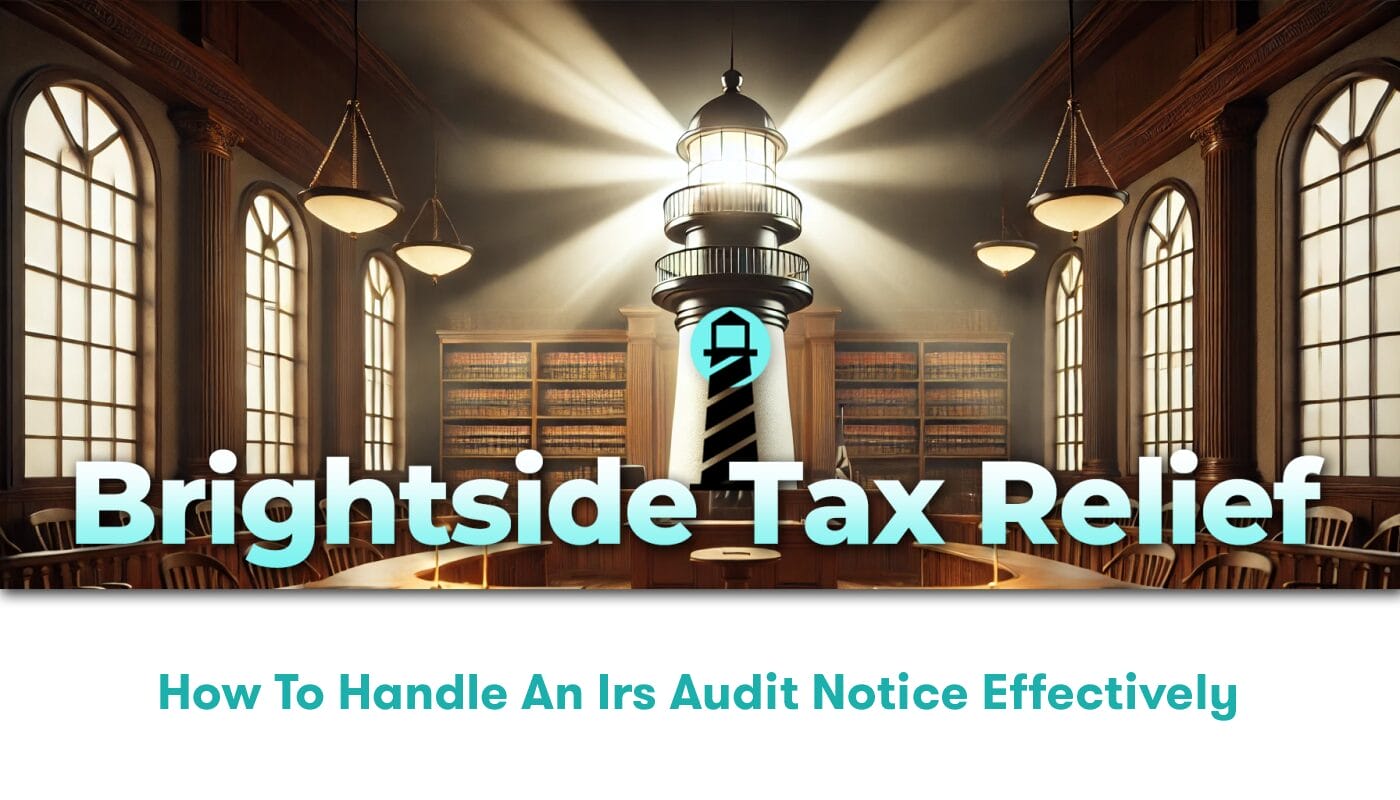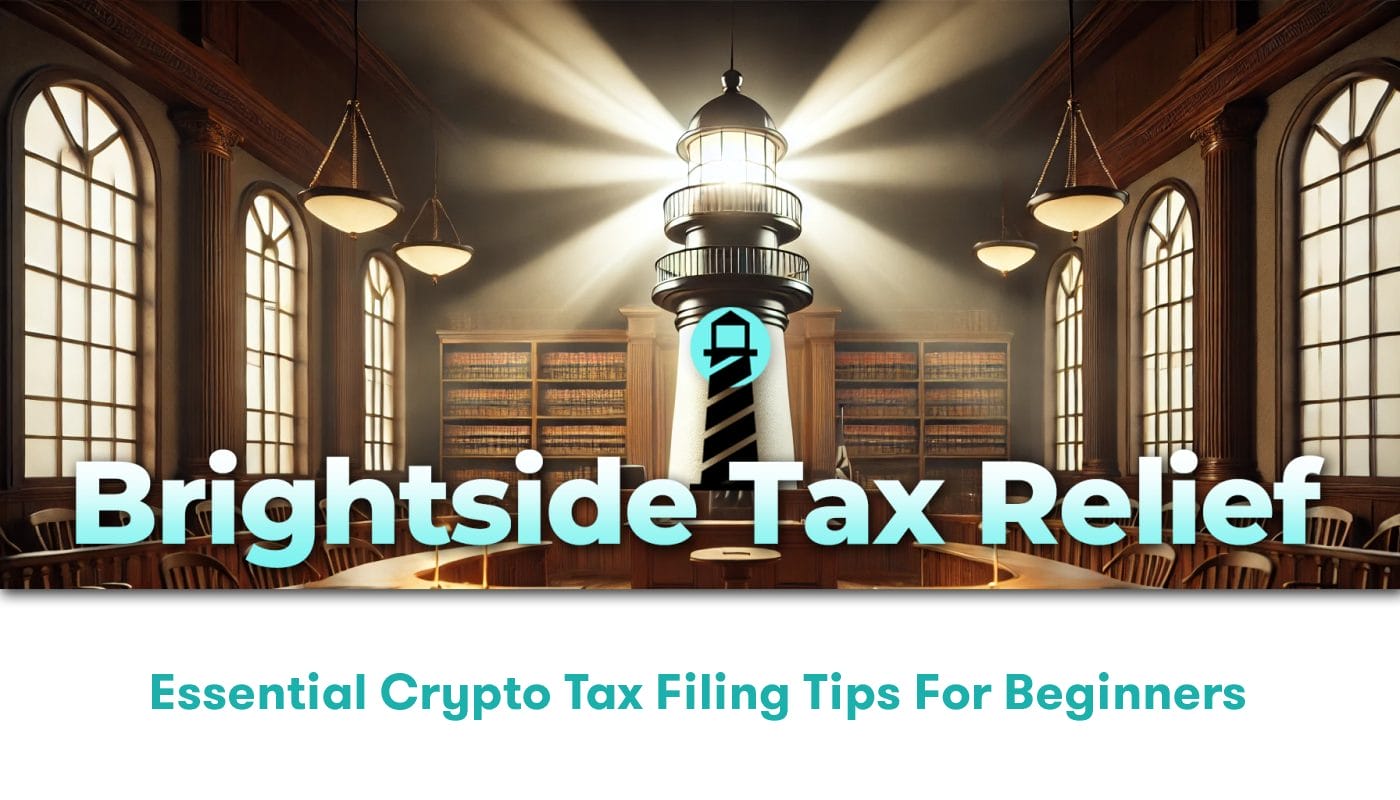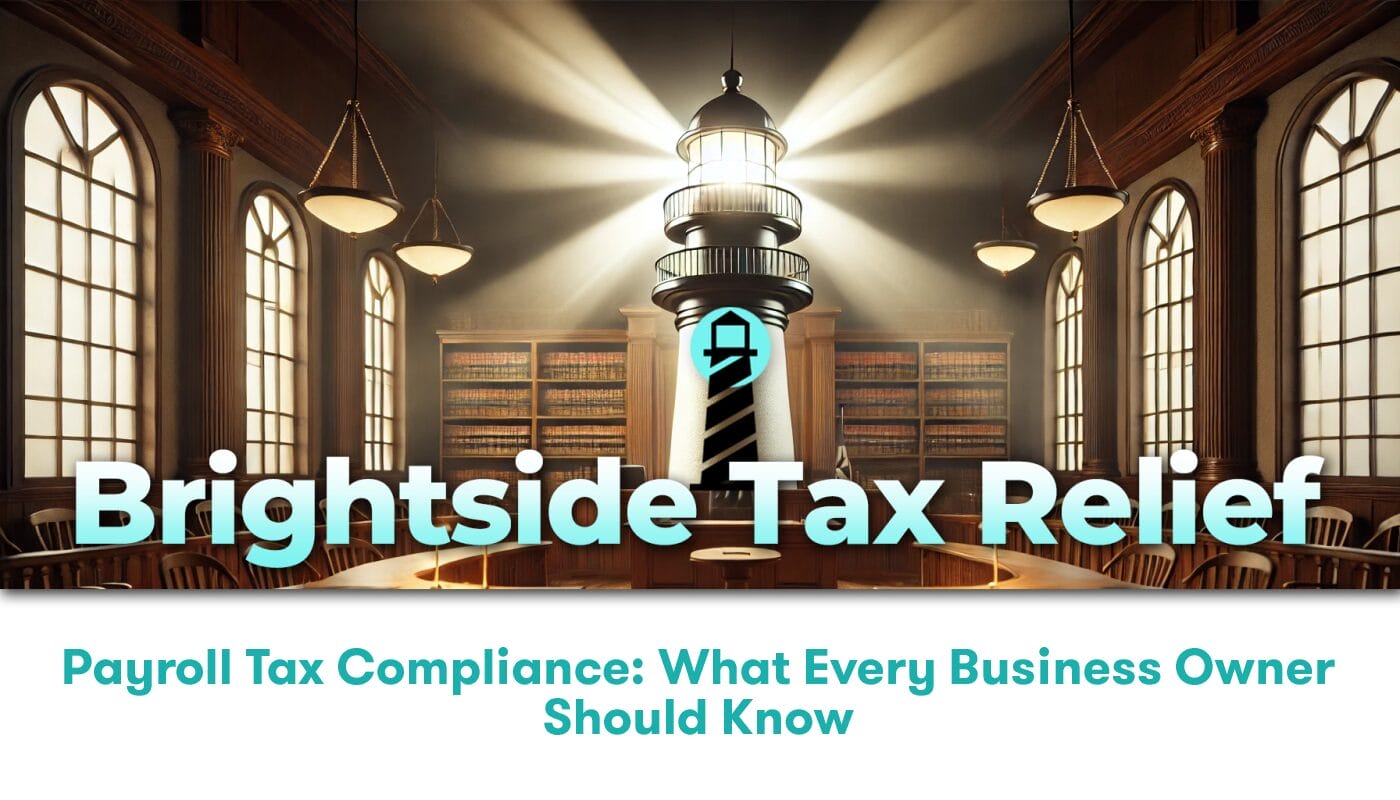A Detailed Look into Freelancer Taxes
Working as a freelancer offers a number of benefits – flexibility of time, remote work opportunities, and the freedom to choose your own projects among them. However, one of the primary challenges freelancers face is managing taxes. Freelancer taxes can be daunting because you are solely responsible for your income and expenses, the paperwork, and the deadlines. Getting into the nitty-gritty of freelancer taxes – from record-keeping to deductions and from payment deadlines to understanding tax forms, this detailed guide aims to bring value to freelancers who find tax season tiresome and stressful.
Understanding the Basics of Freelancer Taxes
A vital first step in understanding freelancer taxes involves recognizing the tax status of freelancers. As a freelancer, you are considered a sole proprietor in the eyes of the IRS, which means you run your own business. In fact, it could be said that from a tax perspective, being a freelancer essentially makes you a small business owner.
Freelancer taxes consist of: income tax (both federal and state, if your state has one), and self-employment tax. When you’re an employee, your employer covers half of your Social Security and Medicare taxes. However, as a freelancer, you need to pay the full amount by yourself. This is what’s known as self-employment tax.
Keep Concrete Records of All Income and Expenses
Proper record-keeping is crucial when it comes to filing taxes as a freelancer. Not only does it make the process easier and more organized, but it can also save you a lot in terms of deductions. Tracking expenses related to your freelance work can significantly reduce your taxable income thereby reducing the overall amount you owe to the IRS. Consider maintaining a separate business account and using a detailed spreadsheet or even software to keep track of all your transactions.
Understand Your Tax Deductions
Commonly overlooked by freelancers, tax deductions can make a huge difference in how much you owe in taxes. Some common tax deductions for freelancers include:
– Home office deduction
– Health insurance premiums if you’re self-employed
– Internet and phone bills
– Equipment or supplies related to your business
– Travel expenses for business purposes
– Training or education expenses related to your business
These deductions lower your taxable income, and thus, the overall taxes you are required to pay.
Preparing for Tax Payment Deadlines
Unlike those in traditional employment, freelancers don’t receive a paycheck with taxes withheld. On the contrary, freelancers are required to make estimated tax payments to the IRS four times a year – i.e., on a quarterly basis. If you expect to owe $1,000 or more when you file your annual tax return, you are required to make these quarterly payments.
Forms You Should Know About
As you delve deeper into freelancer taxes, it is essential to familiarize yourself with a few key tax forms. For instance, your clients will send you a 1099-NEC form if they paid you $600 or more over the year. You will report your freelancer income and expenses on Schedule C, and your self-employment taxes will be calculated on Schedule SE.
Multistate Taxation Rules
If you work in more than one state, you might need to file a tax return in each state where you earned income. This could be relevant if you physically worked in different states, or provided services to clients located in different states. Each state has its own set of rules regarding taxation, so careful research is required to ensure you navigate this correctly.
Seeking Professional Help
Given the complexities of freelancer taxes, there is nothing wrong in seeking help from tax professionals. Relying on a tax advisor or using tax software can be helpful, especially if your situation is complex. Tax-filing assistance from professionals can help ensure all deductions are maximized and that your taxes are filed correctly, thus avoiding potential issues down the line.
Conclusion
Freelancer taxes can be complex, but they certainly should not be scary. By understanding the basics, maintaining good records, learning about possible deductions, preparing for quarterly payments, and seeking assistance when needed, you can confidently navigate tax season. Remember to familiarize yourself with all the necessary forms. Understand multistate taxation rules if they apply to you, and take advantage of the wealth of resources and support available to ensure you effectively handle your taxes as a freelancer.
For more information, visit IRS Site Index to help you understand more about freelancer taxes.






